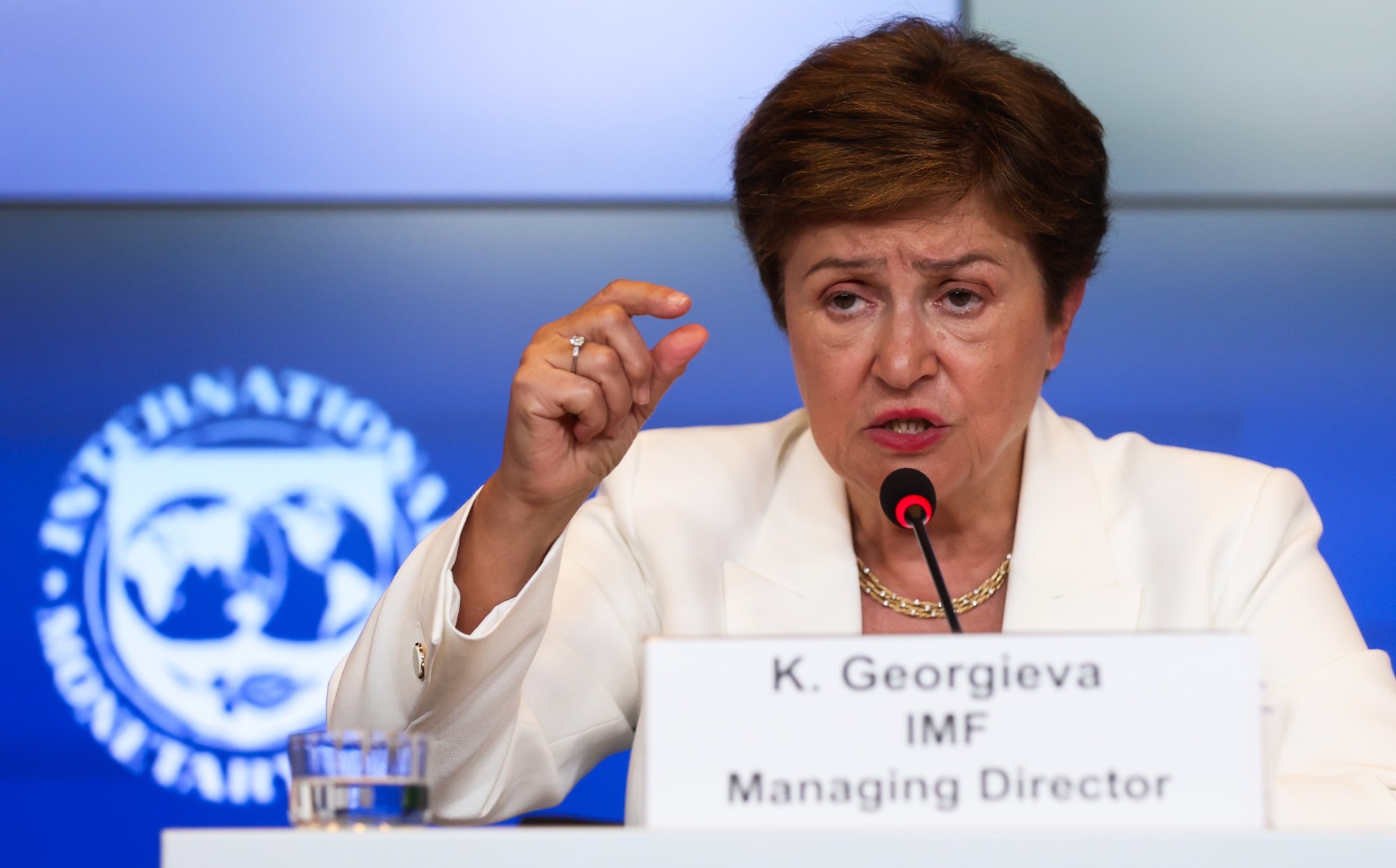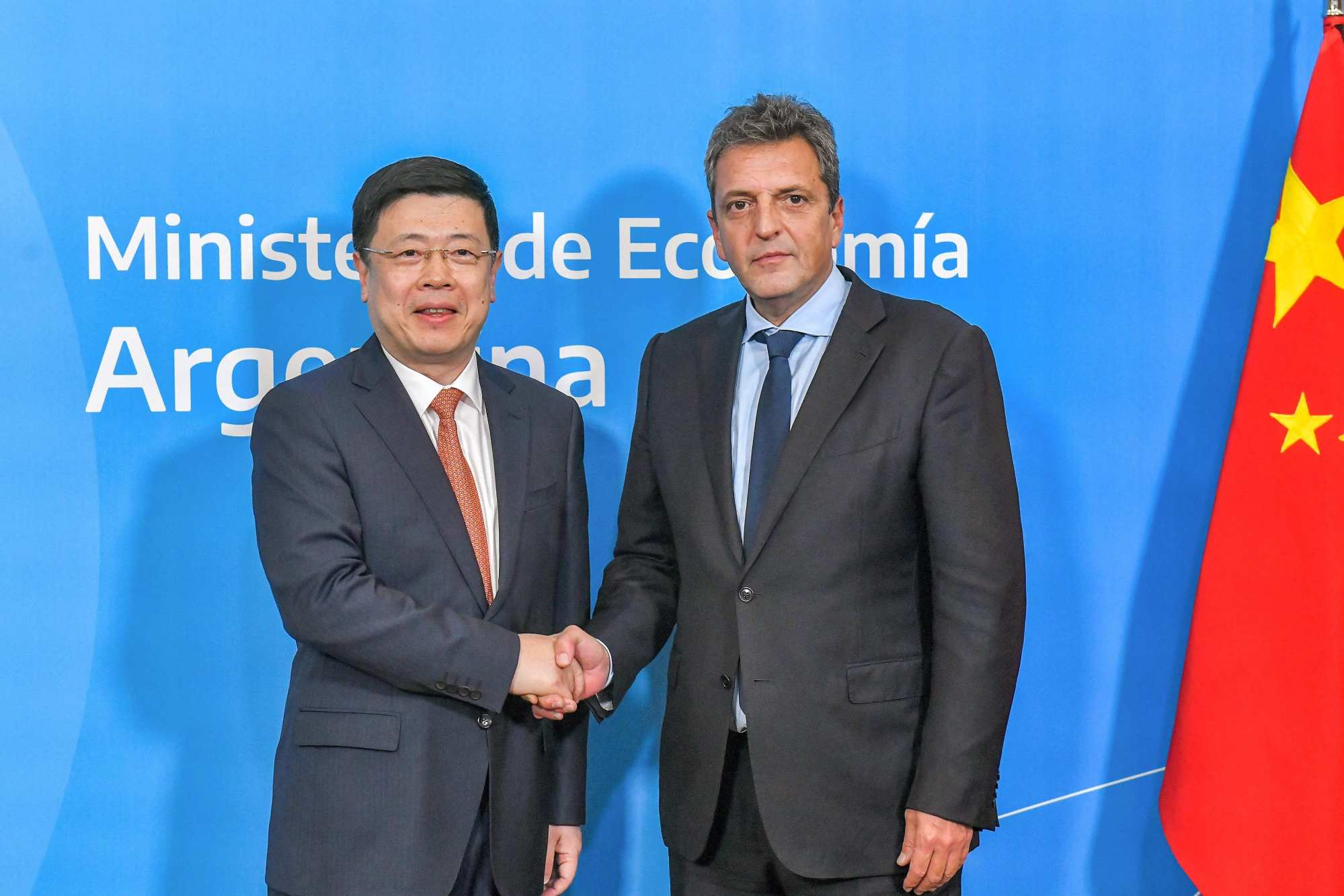Opinion | Given the growing discontent in Asia, the question arises: is a world war necessary to reform the IMF?


Earlier this week, the IMF’s independent evaluation office released a report entitled “The Evolving Application of the IMF Mandate,” which questions the IMF’s “comprehensiveness, inclusive decision-making, transparency and impartiality” in its work in certain policy areas.
Fundamental reforms of governance and quotas within the IMF are needed, as Rajan (a former governor of the Reserve Bank of India and now an economics professor at the University of Chicago) put it. But whether a world that is politically divided, economically polarized and in some places literally at war can agree on such far-reaching reforms is, to put it politely, questionable.
Like any multilateral body, the IMF has only as much power as its (quarrelsome) owners allow it. Sometimes it seems that great reforms only follow great wars, and that has long been the case, not least since World War II. Nations, systems and cultures collide, and from the battered and exhausted remains, new idealism emerges – at least for a while.

Would it really be so bad without it? After all, the IMF has also made its share of policy mistakes, such as during the Asian financial crisis of 1997, when Washington economists failed to recognize the fundamental nature of the crisis and the IMF pushed through the wrong solutions.
We will most likely need some kind of world government to deal with such mega-crises, and we will need it urgently. But at the political level, such an authority is not yet in sight. The next best place to turn is the multilateral institutions – not least the IMF.
As Rajan put it, the IMF should be able to “provide an independent voice for national policies – particularly those that threaten the country’s macroeconomic stability – and serve as a lender of last resort to countries that are losing market confidence.”
The IMF should also be able to encourage countries to adopt policies that promote the fair exchange of goods, services and capital and complement the WTO. Most importantly, it should be able to be an independent voice in national policy. But as Rajan puts it, the IMF’s “anachronistic structure leaves it ill-equipped to perform all of these functions.”
This structure, Rajan argues, has no logical basis nor is it based on the economic size of IMF member countries, but rather reflects “the desire of the Western alliance to hold on to power.” If IMF members reformed quotas and governance simultaneously, he added, an independent IMF could bring the fragmented world together on key issues.
From my more than 40 years of experience as a journalist covering IMF affairs, I would say “Amen” to that, but I also expect that real reforms will only come in the wake of further crises that could prove dramatic and traumatic.
Anthony Rowley is an experienced journalist specialising in Asian economic and financial issues.




